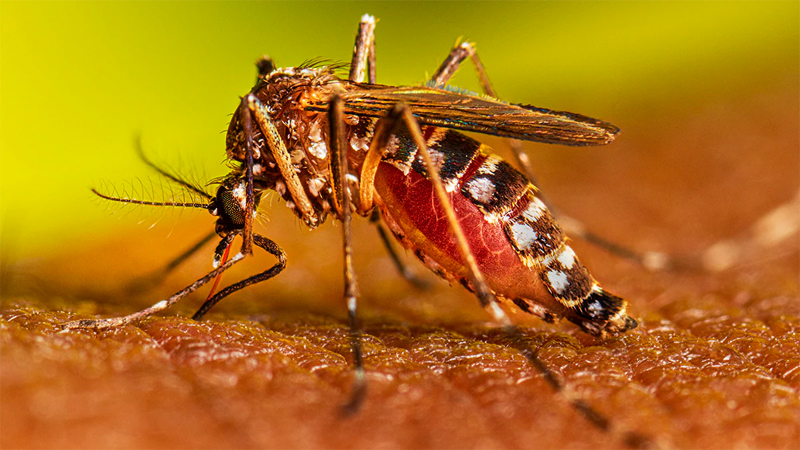The National Dengue Control Unit (NDCU) said that mosquito vector density has risen sharply in recent weeks with the onset of the monsoon rains, renewing its call for urgent public action to eliminate breeding sites and curb the spread of the disease.
According to Consultant Community Physician Dr. Presila Samaraweera of the NDCU, 24,569 dengue cases have been reported to the Ministry of Health so far this year. Of those infected, 27 percent are children. There were thirteen dengue-related deaths, she said.
Dr. Samaraweera said that schools have become breeding grounds for mosquitoes, putting thousands of children at heightened risk.
Officials of the Health Ministry’s Epidemiology Unit said that Sri Lanka had also recorded 173 confirmed chikungunya cases as of mid-March, marking the country’s first significant outbreak of the disease in 16 years. Most of these cases were identified in the districts of Colombo, Gampaha, and Kandy, with infections rising early this year.
Environmental conditions are a key factor in vector proliferation. Warmer temperatures — typically between 26°C and 30°C — combined with humidity levels above 60 percent, create the ideal conditions for Aedes mosquitoes, enabling rapid transmission of dengue and chikungunya. Most dengue cases this year have been reported from the Western Province — particularly in Colombo and Gampaha. A significant number of cases have also been recorded in Ratnapura, Batticaloa, Kandy and the Galle districts.
Amid mounting concern over infections in schools, a nationwide inspection carried out by the NDCU between May 19 and 24 found that 131 of the 257 schools examined — more than half — had mosquito breeding sites on the premises. Of these, 37 schools (14.4 percent) were found to contain active mosquito larvae.
Following the inspections, red notices were issued to 18 schools, mandating urgent corrective action to eliminate the breeding grounds and mitigate the risks of disease spread.
Health authorities have emphasised the need for strict mosquito control measures within educational institutions. These include regular inspections, proper disposal of waste, and ensuring no stagnant water is allowed to accumulate in containers, pots, roof gutters, or other sites.
The Ministry of Education has issued updated guidelines to support schools in preventing the spread of dengue and chikungunya.







